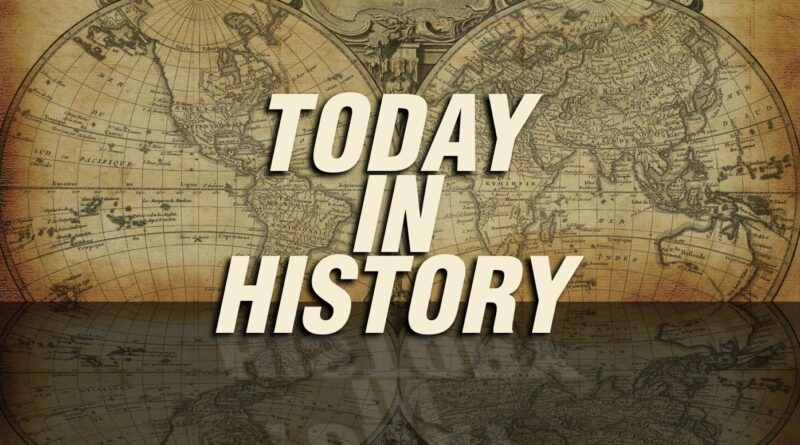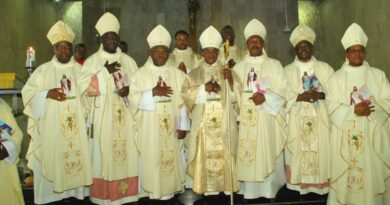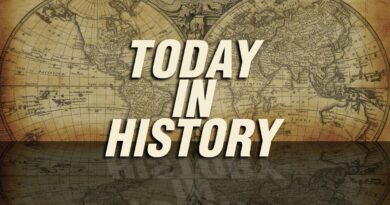February 12: This Day In History (African history).
February 12 is more than just a date; it’s a vibrant web of Africa’s rich and complex history—a day alive with tales of resilience, revolution, faith, and transformation. Imagine a timeline that stretches from the grandeur of ancient empires to the dynamic political shifts of modern times. This date reverberates with the footsteps of iconic leaders, fearless warriors, and visionary thinkers who have forged the destiny of this magnificent continent.
On this day, we celebrate Africa’s indomitable spirit and the deep-rooted traditions that continue to inspire generations. It’s a moment to reflect on the incredible journeys that have shaped nations and fuelled the fight for justice. February 12 is a powerful reminder of the ever-evolving narrative of Africa, rich with stories waiting to be told and legacies yearning to be honoured. Let’s dive deep into the heart of this day and honour the enduring legacy of a continent that continues to rise and thrive!
Here are some significant events that happened today in African history (February 12):
Christian Events
1899—Pope Leo XIII Appoints First Catholic Bishops in South Africa: As part of Catholic missionary efforts, South Africa receives its first bishops to oversee the growing Christian population.
1931—African Catholic Bishops Begin Holding Conferences: The Catholic Church in Africa begins organising regional conferences to address missionary work and indigenous leadership in Christian communities.
1980—Ordination of the First Native Bishop in Gabon: The Vatican appoints the first indigenous bishop in Gabon, marking progress in local leadership within the Catholic Church.
2012—Boko Haram Attacks Churches in Nigeria: The Islamist militant group Boko Haram launches coordinated attacks on Christian churches in Nigeria, escalating religious tensions.
Non-Christian History in Africa:
1804—The Fulani Jihad Begins (West Africa, Nigeria): Usman dan Fodio starts his Islamic jihad, leading to the creation of the Sokoto Caliphate, one of the largest pre-colonial empires in West Africa.
1907—Establishment of the Natal Indian Congress (South Africa): Mahatma Gandhi helped found the Natal Indian Congress to fight for the rights of Indian labourers in South Africa under colonial rule.
1941—Italian Troops Defeated in Eritrea (East Africa): During World War II, British and Ethiopian forces defeated Italian troops at Keren, leading to the liberation of Eritrea from Italian rule.
1961—Formation of the African National Congress (ANC) Military Wing (South Africa): The Umkhonto we Sizwe (Spear of the Nation), the armed wing of the ANC, launches its first attacks against apartheid forces.
1982—Hama Amadou Leads Coup Attempt in Niger: In Niger, future Prime Minister Hama Amadou is involved in a failed coup attempt against the government.
1990—Nelson Mandela Holds First Press Conference After Release: Nelson Mandela, recently freed from 27 years in prison, gives his first public speech in Johannesburg, calling for an end to apartheid.
2009—Madagascar Political Crisis Escalates: Anti-government protests intensify in Madagascar, leading to the resignation of President Marc Ravalomanana a month later.
2023—African Union Calls for Ceasefire in Sudan: The African Union (AU) urges peace talks as clashes between rival factions in Sudan escalate.
Significant Birthdays:
1809—Omar Saidou Tall (Senegal): Islamic scholar and military leader, he led the Toucouleur Empire in resistance against French colonialism in West Africa.
1924—Elechi Amadi (Nigeria): Nigerian novelist and playwright, best known for “The Concubine,” a classic of African literature.
1932—Djibril Diop Mambéty (Senegal): Senegalese film director known for the classic films “Touki Bouki” and “Hyenas,” which explored African society and post-colonialism.
1949—Joaquim Chissano (Mozambique): Former President of Mozambique (1986–2005) who played a key role in ending the Mozambican Civil War.
1953—Mohamed Ould Abdel Aziz (Mauritania): Former President of Mauritania (2009–2019), known for his role in the country’s fight against terrorism.
1974—Nasreddine Nabi (Tunisia): Tunisian football manager known for coaching several African clubs, including Young Africans SC in Tanzania.
1980—Julius Malema (South Africa): South African politician and leader of the Economic Freedom Fighters (EFF), a key figure in radical left-wing politics in Africa.
Significant Deaths:
1857—David Livingstone’s Zambian Guide (Zambia): A chief named Shinte, who assisted Scottish missionary David Livingstone on his African explorations, dies.
1954—Léopold Senghor’s Father (Senegal): Basile Diogoye Senghor, the father of Senegalese poet and first President Léopold Sédar Senghor, passes away.
1977—Janani Luwum (Uganda): Anglican Archbishop of Uganda, assassinated by Idi Amin’s regime for opposing human rights abuses.
1984—Julio Pinedo’s Ancestor (Bolivia, but of African descent): An Afro-Bolivian king, related to the current King Julio Pinedo, dies, highlighting the legacy of African communities in Latin America.
2019—Bisi Silva (Nigeria): Nigerian art curator and founder of the Centre for Contemporary Art (CCA) Lagos, a key figure in promoting African art globally.
See Also: February 5: This Day In History (World history).
Content Credit| Ajibola Emmanuel Adebayo
Picture Credit | https://www.koamnewsnow.com/




